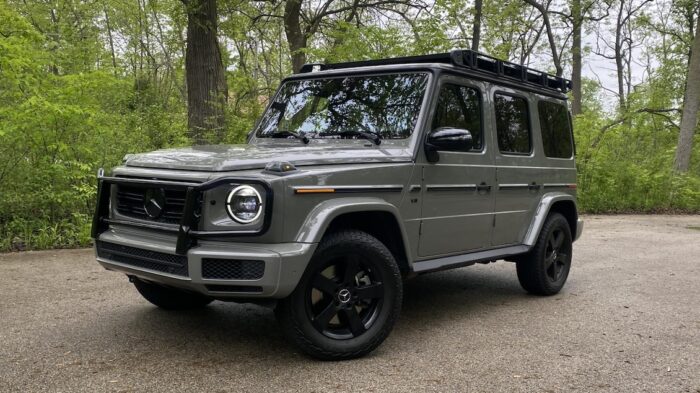Shocking news: Cars are expensive. New or used, you’re dropping minimum four digits. That kind of investment should be protected. Luckily, there are simple things you can to do extend the life of your car. Look, the difference between a ride that makes it 100,000 miles and one that pushes 200,000 could be quite a few years of driving, which means money in your pocket. Here are a few easy things to do that can make your car last.
This post brought to you by Progressive. You could save $620 when you switch to Progressive.

Wash It
Guess what? Washing and cleaning your car isn’t just about keeping it pretty. A good scrubbing can help protect your car for the long haul. Dirt build-up is detrimental to your car’s paint job, and that’s more important than you might think. Deteriorating paint leads to the slow destruction of the body underneath. Allowing the body to rust and corrode is like releasing termites in a house, as the damage can slowly spread to the most important elements. While many will claim you have to wash your car every other week, we’d say a lot depends on a variety of factors. Do you park outside? How’s the weather where you live? Do you have a long commute, during which pollen, bugs, and more are rocketed at your car? Figure out if your car is more at risk and go from there. For most, we’d say once a month is fine.
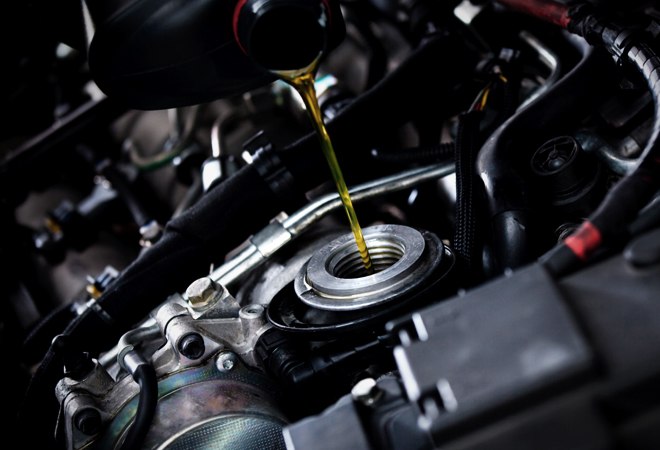
You Need to Change the Oil… Just Not Every 3,000 Miles
Most people fall in one of two categories when it comes to oil changes. Either they get one every 3,000 miles like clockwork, or they push it until one of those “oh no” moments. Both are foolish. The latter isn’t good because you need oil changes. The former is off the mark because it follows a mantra created by oil change companies trying to make a buck. What you need to do is check your owner’s manual. Yeah, you know—the thing in your glove box you haven’t looked at since the dealer showed you where it was. Inside it will tip you off to how often you should change your oil. It’s probably in the every 5,000-mile department, but check it out. If you push it too far, your oil will start to have far too much metal and dirt in it, and that can spell disaster for the most important components of your engine. Your engine will become too hot and a host of problems are on the way if that happens.
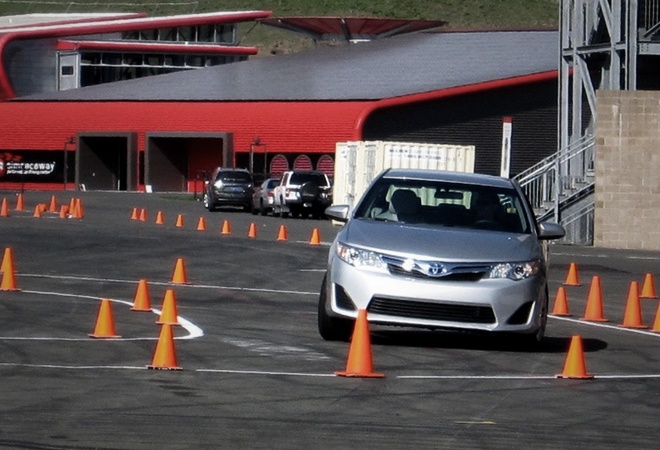
Don’t Drive Like You’re in the Daytona 500
If you treat your daily driver like a race car—taking turns at high speeds, braking hard, accelerating as fast as possible—you might have some fun, but it will come at the expense of your vehicle. Those sharp turns are doing a number on your tires, which means balding and necessary rotation will come up quicker. Braking hard leads to the deterioration of your brake pads. It also puts added stress on a number of components, meaning they will have a shorter shelf life. Strong acceleration isn’t the worst thing, but if you’re doing it all the time, and often while the engine is cold, you’re harming parts of the engine. Oh, and that doesn’t even take into consideration the fact that you’re more likely to get in an accident, which is a quick way to keep your car from lasting forever.
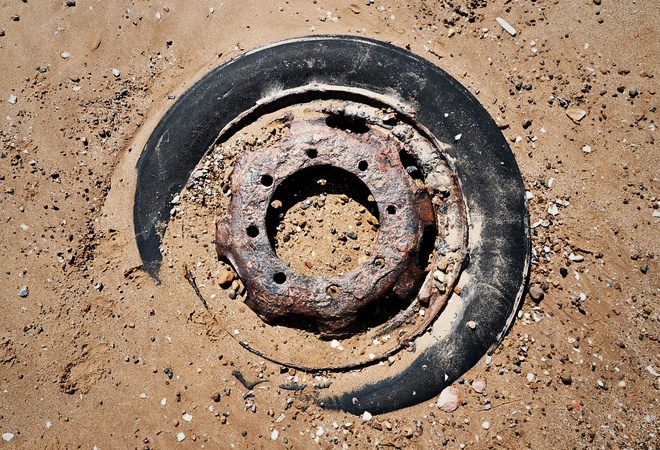
Pay Attention to Your Tires
There isn’t a ton of maintenance you’ll need to routinely be aware of, but if you think getting the oil changed is the only thing you should keep in mind, think again. Your tires are the legs your car stands on, and when they’re not right, the structural integrity of the car is compromised. If your tires aren’t properly inflated, not only are you at greater risk for a blowout, but you’re wearing your tires down unevenly, which means greater potential for an accident plus worse gas mileage. Make sure you measure how inflated your tires are, as under inflated tires can often look like properly inflated tires. But inflation isn’t the only thing to pay attention to; having your tires rotated as instructed in your owner’s manual is incredibly important as well. Since tires naturally wear unevenly, if you don’t rotate your tires you’re cutting the life of those tires down and even putting your wheels and the rest of the car at greater risk every time you drive.
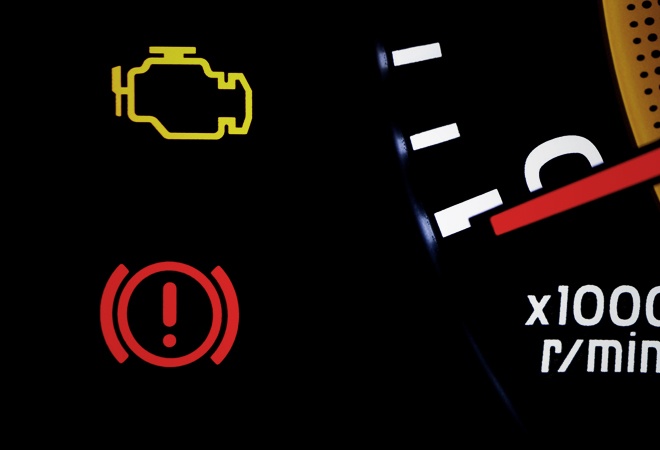
Pay Attention to the Little Problems
We know how the story goes. You hear a funny rattle when you’re driving your car. You say to yourself, “Huh, that’s new.” You say you’ll have it looked at. Then, slowly, you get used to the rattle, accept it, and figure it’s no biggie if the car is still running fine. One of the best things you can do for the life of your car is to nip problems in the bud. Sure, that “Check Engine” light is probably nothing major, but get it checked. All those new noises and unfamiliar things are warning signs and if you pay attention to them, your car will thank you with a longer life. What’s a rattle today could be a snapped timing belt tomorrow.

Getting Your Air Filter Changed Is Not a Scam
Listen, we get it. You go to one of those quickie oil change joints and feel like every additional service they try to sell you is just to fleece you out of some cash. While it’s good to be skeptical, the air filter thing they’re talking about is important. Dirt and debris can seriously harm your engine and chop years off its life. The air filter blocks a lot of those particles from wrecking havoc. However, if you don’t get the air filter changed, many will make it through. It’s a cheap and easy way to keep your engine humming. Check your manual but expect to change it every 15,000-20,000 miles or so.
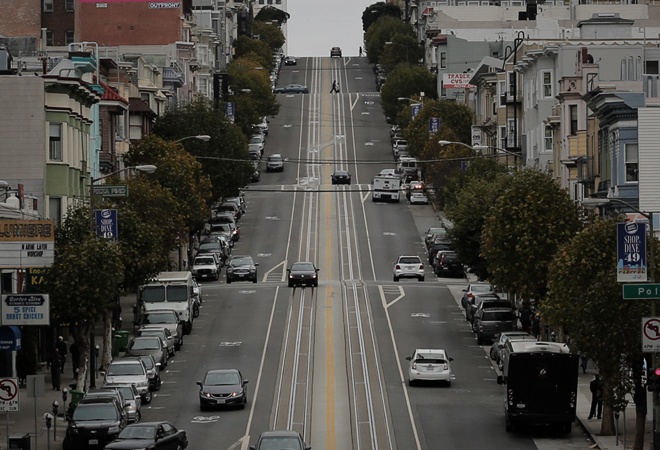
Use Your Parking Brake
With the slow demise of the manual transmission, many have assumed the parking brake is an antiquated feature, a stick that’s the evolutionary equivalent of a human tailbone. This isn’t the case. When you put your transmission in park, a parking pawl in your engine locks the transmission. That’s all fine and good but it’s an item that’s going to be stressed when you park on any sort of incline, and there are very few perfectly flat surfaces. While rare, it can break and/or become dislodged. A parking brake is a far more secure option, and it’s one that will keep your car from rolling away if the pawl fails or if your car is hit. Also, if you don’t use the parking brake, the cables associated with it can age poorly and snap when you need them most. Just make sure to disengage it when you start driving or you’ll end up with more problems to deal with.





